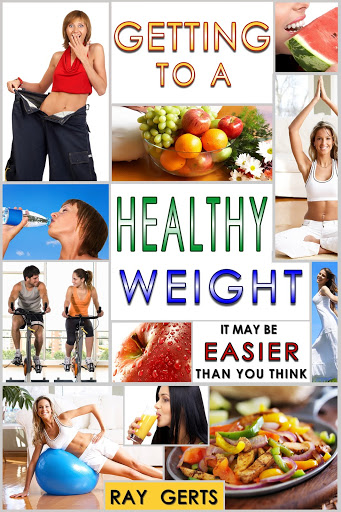Snacking is a big problem. Some people will snack all day instead of eating food. Mostly it is young people that learn how to do this in school and never break the habit. This habit doesn’t supply the body with nutrition. Some young people think that it’s a waste of time stopping for a meal when you could be doing something productive. They don’t think about nutrition because no matter what they eat, they don’t feel any different, so why eat a meal if they can just stop for a burger at the drive-thru and keep going? They don’t understand that your body will only store so much nutrition and you will run out. Running low on your body's nutrients will cause you to feel sluggish. You’ll feel tired all the time. You’ll be sick more often. Read the blog post below and learn the truth.
/187414206-56a6b3865f9b58b7d0e45f81.jpg)
Question: I don’t have a problem with my weight, but I’m trying to eat a healthier diet. I eat a good breakfast; usually, a salad for lunch, and what I think is a good dinner at night. The problem is afternoon and evening snacking. I feel like I’m hungry all the time, and it’s so easy to nibble on something and not always something that’s good for me.
Answer: If you want to get away from between-meal snacks, the first step may be to figure out why you’re snacking so much.
If you’re hungry, you may need to eat more at lunch and dinner so you can make it to the next meal without the extra nibbles. If you’re munching is mindless then maybe you need to rearrange your environment, so you don’t automatically grab something and shove it into your mouth whenever you get bored.
Tips for Not Snacking
You can cut back on your snacking with a little preparation. Don’t keep candy at your desk and avoid the vending machines. Grab a glass of water instead of a bag of chips when you’re watching TV, gaming, playing on the internet or reading a book at night. In fact, keeping a water bottle with you for an occasional quick sip might be a good way to curb the habit of eating something.
If you’re snacking because you’re bored or stressed, try going for a walk, getting some exercise or maybe even calling or texting a friend. Friends and family can be the best support system — ask them to help keep your mind off snacking.
Tips for Healthy Snacking
Maybe you don’t need to give up your nightly nibbles. Snacking isn’t necessarily a bad thing as long as you stay within your daily calorie allowance. Some people find it’s easier to follow a balanced diet when they eat a healthful mid-meal snack because they don’t overeat at the next meal.
Use your snacks to boost your nutritional intake. Choose fresh fruit, whole-grain crackers, low-fat yogurt, nuts, and fresh vegetables. This way, you’ll get extra vitamins, minerals, and fiber. A little bit of cheese, a hard-boiled egg, or lean meat is fine too, but watch your serving sizes because these foods are energy dense. Avoid candy bars, cookies, cakes and pastries, ice cream, and greasy chips or packaged snack foods.
Look for my podcast by searching “How Bad Do You Want To Lose Weight” on the podcast app that you use. You’ll see a piece of my book cover.
If you really want to lose your body fat look for my e-books at the websites listed below. You’ll get information on Healthy eating, exercise, and diet. Instead of spending hours on the internet reading dozens of posts, you can save time by picking up one of my e-books.
There are two e-books. “How Bad Do You Want To Lose Weight?” is available at all the online bookstores selling for $3.99. Go to any of the websites below and search the title to find my e-book. This book gives you all you need to lose weight without spending money on gym memberships, diet plans, or meal plans.
Look for my book. at Amazon.com, bn.com, iBooks, Kobo.com, Scribd.com, or Gardner Books in the U.K.
My new e-book is available on Smashwords.com and other online bookstores. Just type “getting to a Healthy Weight” in the search box at the top of the home page.







